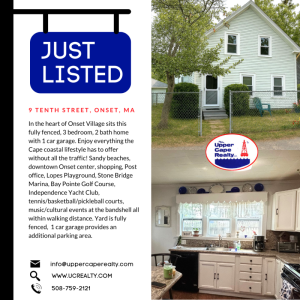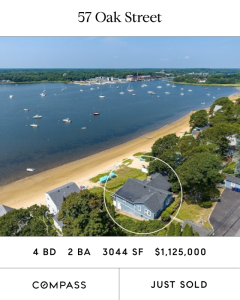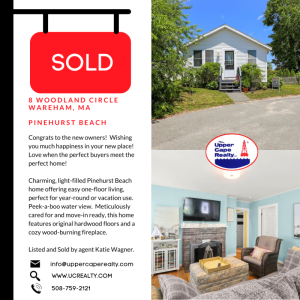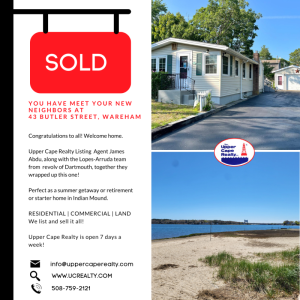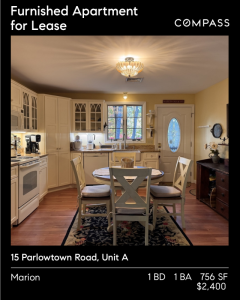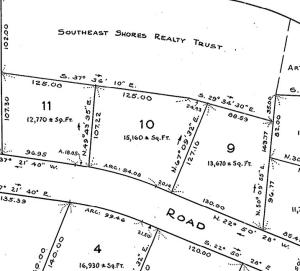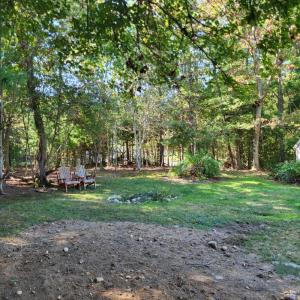Selectmen finalize April 26 Special Town Meeting Warrant
Story Location
United States
The Board of Selectmen finalized the warrant for the Special Town Meeting within the Spring Town Meeting, currently scheduled for Monday, April 26.
It’s likely that meeting will be postponed until a Saturday so it can be held outside to allow more people to safely attend, as has been planned for the April 10 Town Meeting.
The warrant includes a number of routine financial articles, including the town’s capital plan, the Onset Parking Program, budget transfers, and PEG Access Receipts, which fund WCTV.
The Selectmen also included an article that would limit the number of marijuana delivery licenses in town to three. The bylaw would limit the number of delivery operators to three. The town already limited the number of cannabis retailers in Wareham to three.
Selectman Jim Munise said he was unsure why it would be in the town’s interest to limit the number of delivery operators, given that more delivery operations could increase the town’s revenue. Buckland said part of the reasoning behind the three-license limit was that it would make retail stores more able to compete.
The Selectmen also approved adding an article that would update the FEMA maps which delineate flood zones. This action is important to make sure Wareham residents are able to purchase flood insurance.
The Board also moved to include an article that would fund the purchase of generators for the Water Pollution Control Facility, along with another financial article to pay off an invoice for the department using retained earnings.
The board also voted to request special legislation that would create up to five new liquor pouring licenses for the Wareham Village district, which the selectmen voted to designate an area in need of economic stimulus. The board also added a liquor license for 59 Main St., the property businessman Danny Warren hopes to develop into a marina, wedding venue, and restaurant. The selectmen also approved a warrant article that would create a liquor license for 176 Main St., which currently houses Advanced Engine Repair.
The warrant also includes two somewhat controversial articles related to wetland bylaws.
The articles would make amendments to the town’s wetland bylaws and they went before the Board of Selectmen on March 30. After some discussion and additional changes to the amendments, the board voted to put both amendments on the Town Meeting warrant.
The first amendment Town Planner Ken Buckland proposed would remove the “No Activity Zone” — which requires a 50-foot buffer between the waterfront and potential developments — for projects in the Wareham Village One and Onset Village One zoning districts with “water-dependent uses” or projects that require “development or alterations of land previously altered with structure.”
The Wareham Village One district stretches from the Tremont Nail Factory property to the British Landing condos, Buckland said. He also mentioned that a few developers have expressed interest in the region — one in the Old Greer Lumber site, two along Merchants Way and one at the Tremont Nail site.
Town Administrator Derek Sullivan explained that the amendment to remove the “No Activity Zone” was necessary because he has seen the 50 foot buffer scare off developers in the past.
“Yes, [the Conservation Commission has] the ability to grant waivers, after you’ve done all the engineering for the notice of intent to bring forward to therm — so after you’ve spent all the money,” Sullivan said.
Selectmen Judith Whiteside and Patrick Tropeano emphasized how important it was to make it easier for developers to propose waterfront destinations in Wareham Village.
The selectmen were concerned that the Onset Village One zoning district was very different from the proposed Wareham Village One district, so Selectman Peter Teitelbaum proposed removing the Onset Village One provision from that amendment. The board agreed, and the proposed bylaw change was added to the Town Meeting warrant without mention of Onset Village.
Buckland said the second amendment he proposed to the wetlands bylaw “means that the exemptions provided by the state law and regulations are available to be applied to municipal projects.” He clarified further, saying that the most important exemptions are the ones that deal with stormwater structures and improvements in wetland resource areas.
Board members were concerned that the term “municipal projects” in the proposed amendment wasn’t specific enough. As a result, Teitelbaum suggested new language for the amendment that would allow exemptions for “municipal projects relating to replacement, repair and maintenance of existing town roadways, facilities, installations and fixtures.” The board agreed, and the amendment was added to the Town Meeting warrant with the new language.
The final decisions on the wetland bylaws is now left up to voters.
























